A new PubMed interface will be introduced next year. It is now possible to test new PubMed. In this blog post we provide a short introduction to the most important changes in the new interface.
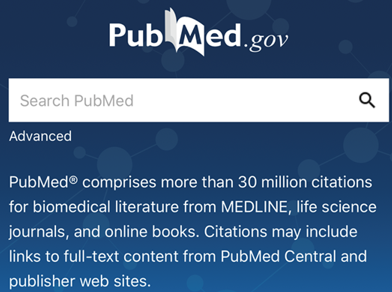

A new PubMed interface will be introduced next year. It is now possible to test new PubMed. In this blog post we provide a short introduction to the most important changes in the new interface.
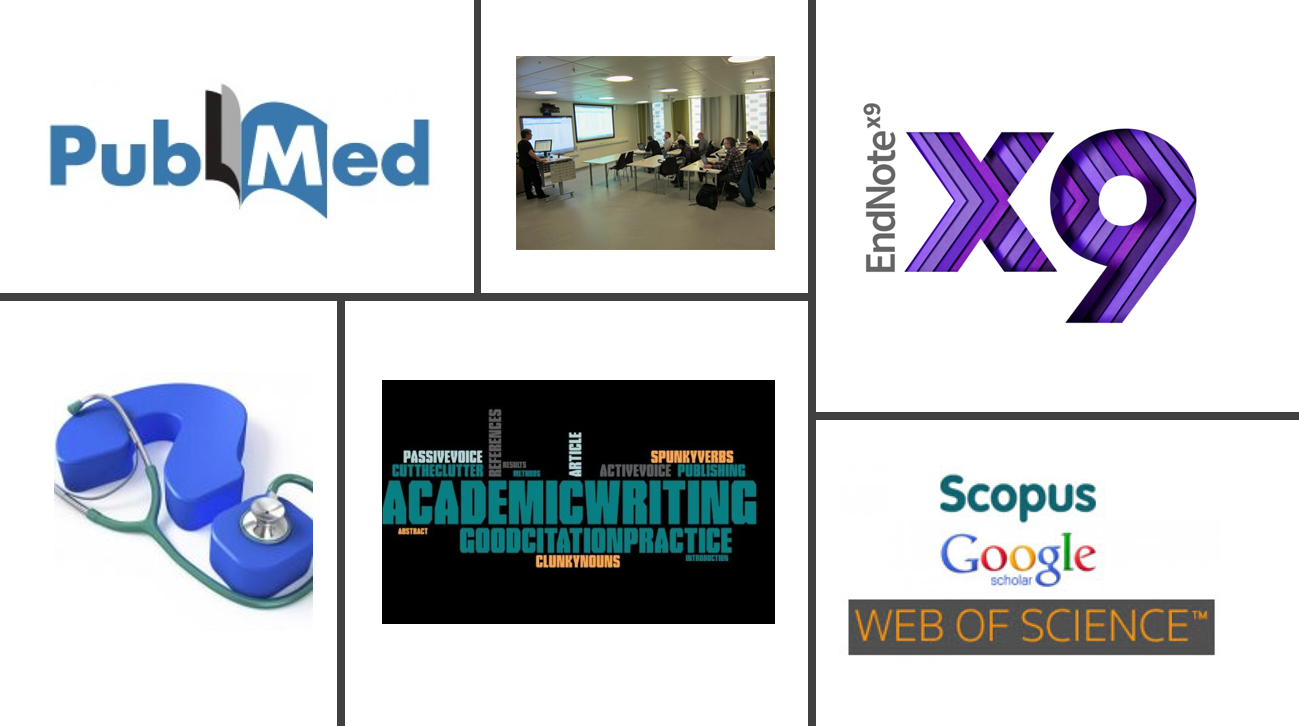
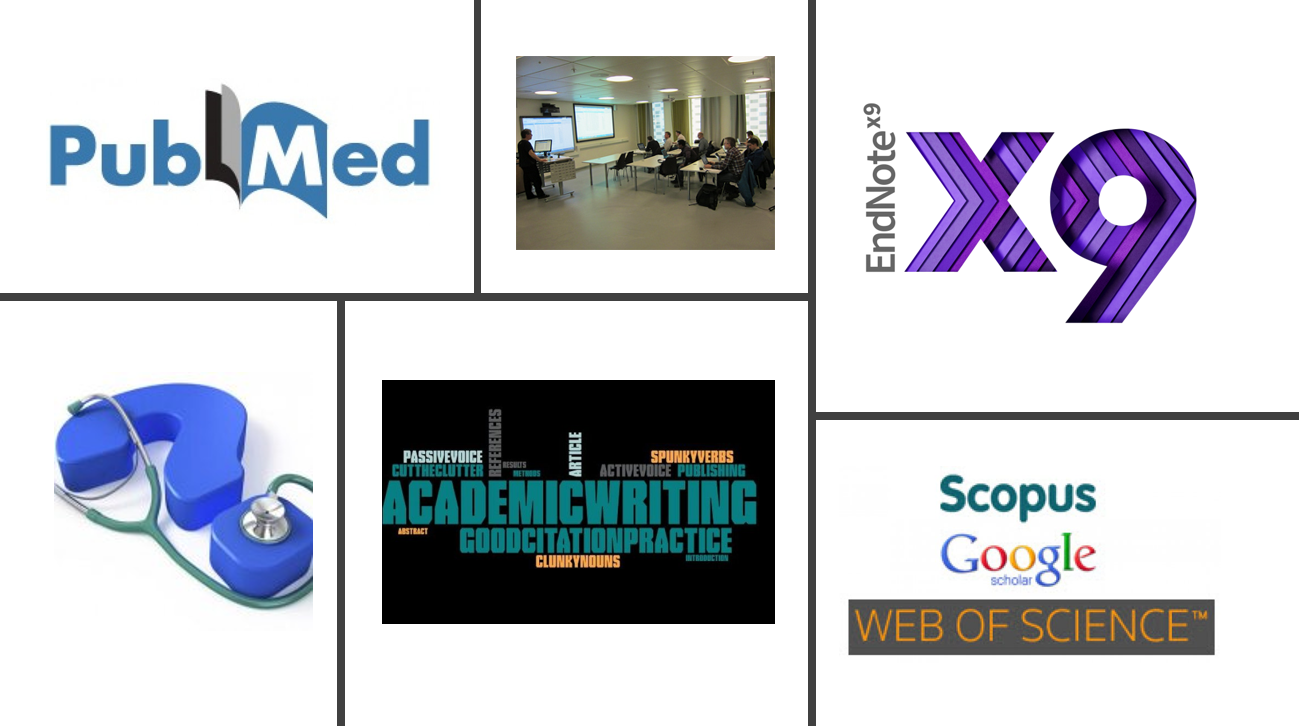
Our open courses this semester are now available on our course page. We have courses in English in systematic searching using PubMed, advanced searching for PhD-students and EndNote. This semester we also offer courses in academic writing for PhD-students and researchers.
Global health research is research on health problems particularly affecting people in developing countries. The interdisciplinary subject of global health is not the main focus of traditional databases such as Pubmed/MEDLINE. In this post we provide a short introduction to other databases and resources that can enrich research on global health issues.
Global Health Day
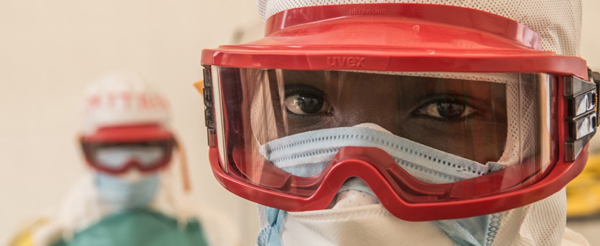
In collaboration with St.Olavs Hospital the Faculty of Medicine, NTNU, hosts Global Health Day every year, presenting a wide range of international collaborations and research that the faculty is involved in. The last years, the faculty has decided to increase its investment in and research on global health. As the faculty states on its web pages for Global Health:
We are aware of good research, teaching and clinical activity going on in Mid Norway that is oriented towards developing countries. Many scientists in this region have active collaborations with selected institutions and individual scientists in developing countries. The faculty would like to contribute to more cooperation, networking and professional experience in this area.
When PubMed is not enough

However, medical and health research based in Western countries is not necessarily easily applicable to other countries. One reason is that some diseases are specific or much more prominent in developing countries, such as AIDS, Ebola and malaria. Furthermore, due to economic resources (or lack thereof) there can be vast differences in health care systems between high-income and low-income countries. Also, culture plays an important role in understanding health and medicine, and can vary between different cultures and religions.
Obviously, for researchers within this field it is necessary to be aware of these issues when searching for literature, and to explore different databases – beyond the medical databases such as PubMed or Embase. For example, there are special databases that could enrich a literature search for research in African countries, such as African Index Medicus. Below we have selected some databases and e-resources that can be helpful for research on global health. For those interested in a more extensive study on the topic, we recommend this review article about limitations of using PubMed and other general medical databases for research on LMICs (low and middle income countries).
Databases for general health and medicine
Interdisciplinary databases
Selected databases and resources for research in Global Health
LMIC databases. An extensive overview of databases, search filters and e-resources relevant for research in Global Health (from page 64). Do not hesitate to contact us if you have suggestions for other useful databases or resources that we can add to this list.
Open Access and LMICs
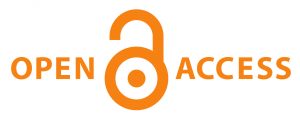 Obviously, there are great benefits of publishing Open Access, for us as well as for researchers and health personnel in LMICs (low and middle income countries). Initatives such as the HINARI-programme has been set up by WHO in order to give LMICs access to important research within health and biomedicine. Watch this short video to see how such initiatives can help to save lives. However, although the amount of articles and databases that are covered by HINARI is growing, it is still limited and not all countries have access to the programme. Some researchers have said it only offers partial solutions, and suggest open access publishing as the solution. Open access publishing makes health and biomedical research available to those who need it, not only those who can afford costly subscriptions. Furthermore, publishing open access offers the possibility for knowledge exchange across the world – between Nepal, Norway and Sierra Leone. Remember, as an NTNU employee you can apply to cover costs with publishing open access.
Obviously, there are great benefits of publishing Open Access, for us as well as for researchers and health personnel in LMICs (low and middle income countries). Initatives such as the HINARI-programme has been set up by WHO in order to give LMICs access to important research within health and biomedicine. Watch this short video to see how such initiatives can help to save lives. However, although the amount of articles and databases that are covered by HINARI is growing, it is still limited and not all countries have access to the programme. Some researchers have said it only offers partial solutions, and suggest open access publishing as the solution. Open access publishing makes health and biomedical research available to those who need it, not only those who can afford costly subscriptions. Furthermore, publishing open access offers the possibility for knowledge exchange across the world – between Nepal, Norway and Sierra Leone. Remember, as an NTNU employee you can apply to cover costs with publishing open access.
Ask us!
Please contact us if you have questions about literature search, databases, publishing or any other topic.
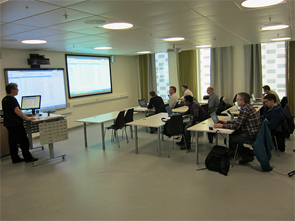

The Medicine and Health Library offers several open courses to students and staff belonging to the Faculty of Medicine and Health Sciences and St. Olavs Hospital. This semester we offer English language courses in PubMed, EndNote and Information Skills traing for PhD-students. Attending our courses is free of charge, but you have to register.